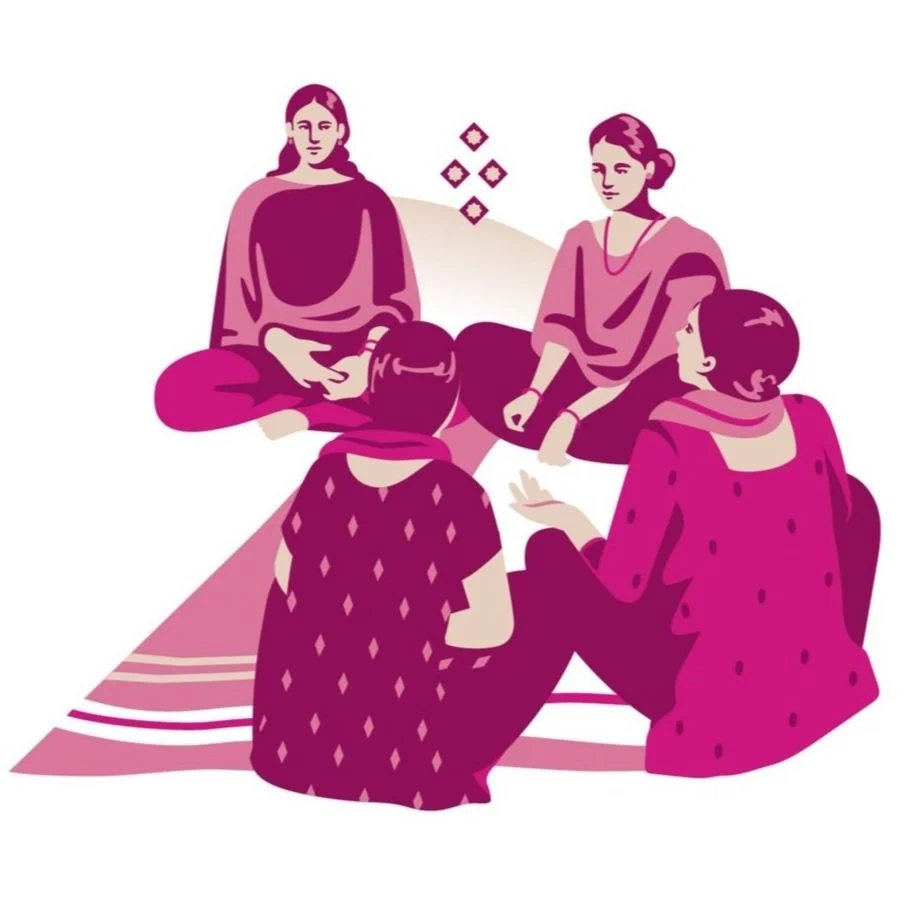The Gender & Politics Project
Are gender sensitization trainings facilitated by women’s Self-Help Group networks an effective method of improving women’s social and political empowerment?
Despite the growing focus on female empowerment in the developing world and India in particular, many women remain largely excluded from the political process and a substantial gender gap in political participation persists today. In India, rural women are 34% less likely to make claims on local governments than men and only 12% of rural women have ever attended a local council (Gram Sabha) meeting. Yet, in recent decades there has been a continuing trend of targeting women as the beneficiaries of aid and economic development programs and vast numbers of women have received economic transfers from state and non-government actors with the aim of economic empowerment. This project seeks to study whether economic development interventions targeted at the poor bear political consequences, alter political behaviors, and reshape the structure of local politics. The project will focus on identifying the determinants of political engagement for poor, rural women and evaluating how and whether participation in economic development programs indirectly affects women’s political behaviors, policy preferences, and political empowerment.
The core aim of this study is to learn whether and how gender programming strengthens SHG institutions, generate change in women’s empowerment, and more broadly whether these approaches are feasible and cost effective. SHGs are micro-credit collectives of women that meet regularly in women-only spaces. Today, there are around 6 million SHGs in India of which around 67 million women are members. The implementation of gender programming within and across SHG institutions therefore poses an incredible opportunity to advance academic knowledge around the constraints to women’s social empowerment and the role of women’s groups in generating change in these outcomes. The study proposes to make broader contributions to knowledge by asking whether and how gender training within women’s groups strengthen their networks, develop social capital, and generate collective action. The deep evaluation of this study will also yield actionable insights that are policy relevant.
To achieve these aims, the ID2 Lab has partnered with Pradan, a livelihoods organization that has developed a gender sensitization training curriculum which has been offered to several hundred women SHG members. The ID2 lab intends to evaluate the impact of this comprehensive, multi-stage training through a randomized control trial involving quantitative survey data collection in addition to multiple rounds of qualitative interviews with SHG members across the treatment and control groups. We expect to conclude the randomized control trial in the spring of 2024.

